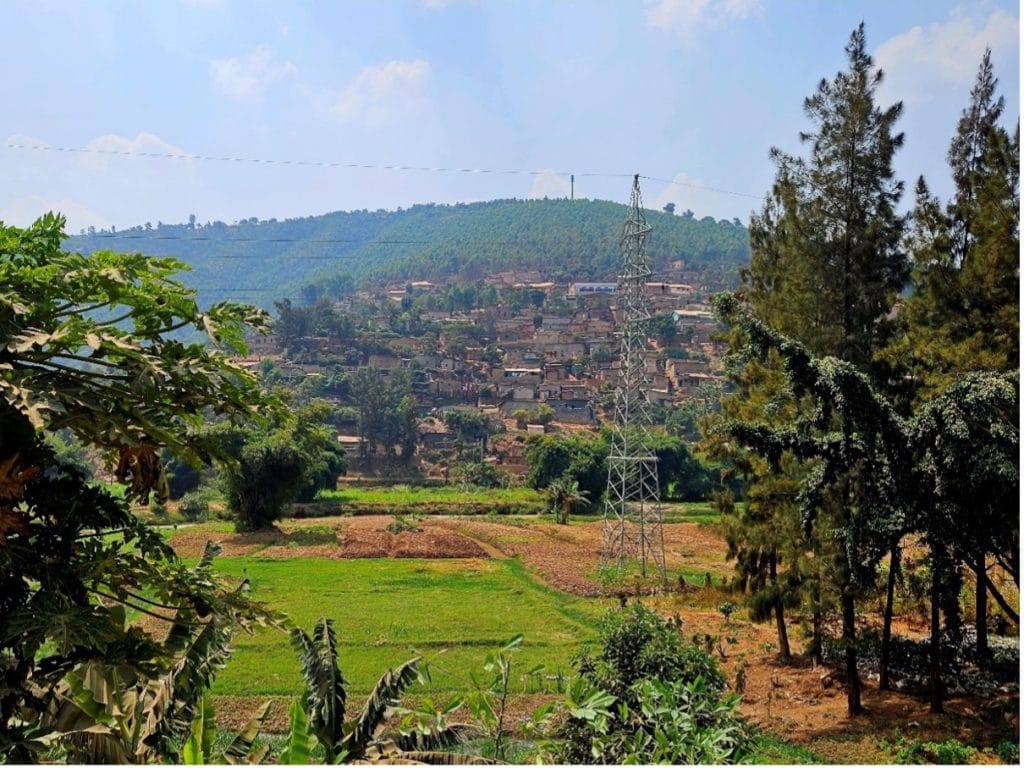Leir Migration Monitor: "I want to achieve a lot of things..."

Mapping Migrants, Mapping Money: A Haitian migrant shares his journey to Tijuana via Brazil and how he’s found relative success by running his own business
The Journeys Project maps the financial biographies of migrants around the world via StoryMaps. Constant was a mathematics teacher in Haiti who fled to Brazil after his father, a judge, was arrested and killed. This month, we explore Constant's journey through the Americas--from Brazil all the way to Mexico.
I want to achieve a lot of things; I want to build a bigger business. If I could get to the United States or Canada, I could learn whatever I wanted to learn, but here I can’t.

The Impact of Climate Change and Environmental Degradation on Human Mobility
As climate change intensifies, its impact on human mobility becomes progressively evident. Whether through slow-onset effects or sudden natural disasters, this warming trend is compromising livelihoods and threatens to displace growing numbers of people unless mitigating policies are put in place.
Based on summer field research funded by the Leir Institute, this paper examines the links between climate change, environmental degradation, and human mobility, with a focus on Rwanda as a case study. Rwanda, a country situated in a region experiencing adverse climate impacts, serves as an example of the challenges related to human mobility in the face of climate-induced hazards.

Spotlight: Maria Teresa Nagel, F19

Maria Teresa Nagel (MALD 19) is the Director of the SomerViva Office of Immigrant Affairs (SOIA) for the City of Somerville, Massachusetts. Maria Teresa’s career working on migrant issues spans multiple countries, agencies, and fields ranging from academic research and policy development to on-the-ground efforts working with immigrants, refugees, and immigrant leaders, listening, learning, building capacity, and scaling solutions developed by the community. Most recently she served as Assistant Director of the Henry J. Leir Institute for Migration and Human Security. She has also served as a consultant to the World Bank and to Accion International, and she has conducted research and policy analysis for the International Organization for Migration.
I'm working on: Furthering the integration of the immigrant voice and experience into local government. This looks like advising City colleagues on how we can eliminate barriers to accessing programming and services; supporting staff in building towards language justice; creating safe, inclusive spaces for civic engagement; and most importantly, learning from constituents how they wish to see their local government serve and represent them better.
An insight I discovered: An understanding of the international context of migration, along with the rigidity of its frameworks and many shortcomings of its categorization, is often required to produce local systems that are forward thinking and designed to outlast emergency response.
I'm passionate about: Building sustainable and inclusive avenues for more humane immigrant integration and overall improved wellbeing for all. Human mobility is a vector of opportunity. How to seize the opportunity for immigrants, refugees, and the places fortunate enough to be their new homes is the driving force behind my service.
You can find our content at www.leirbrief.org.
